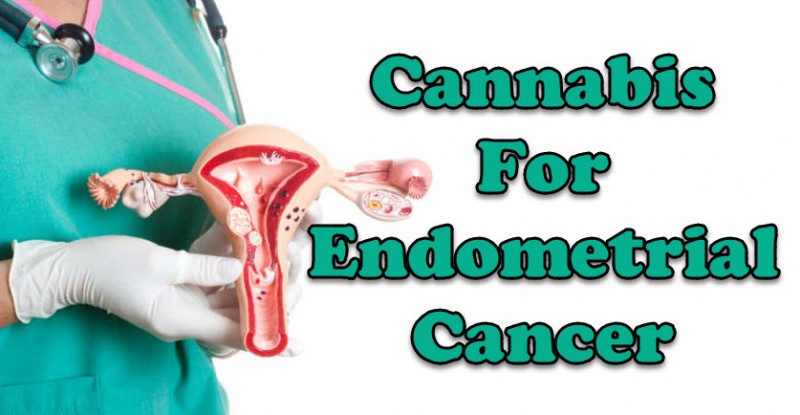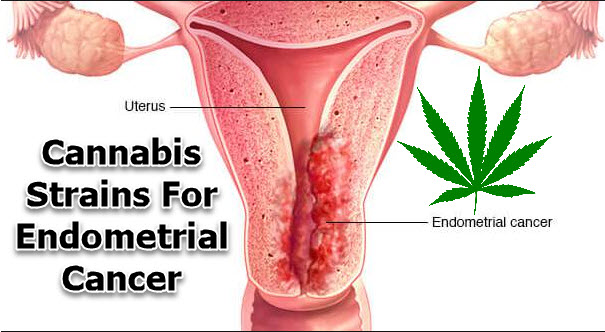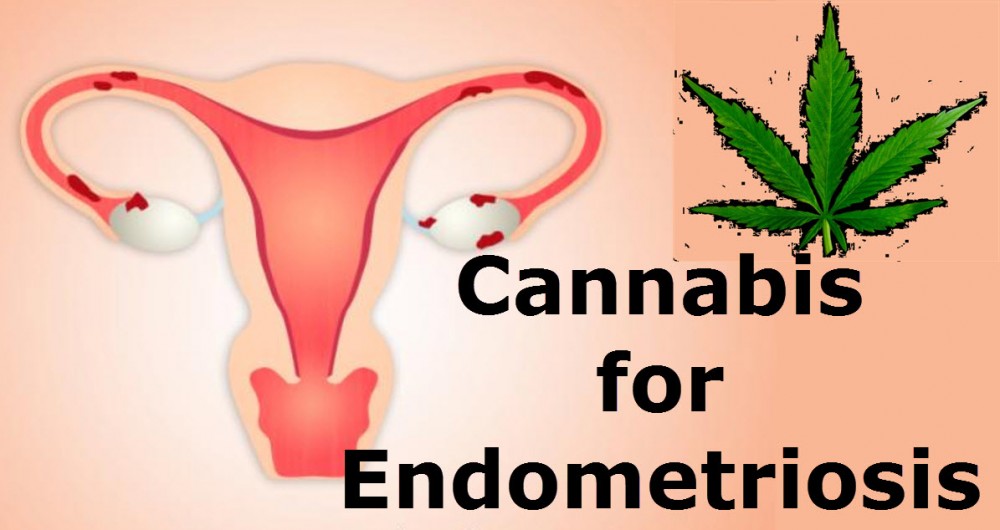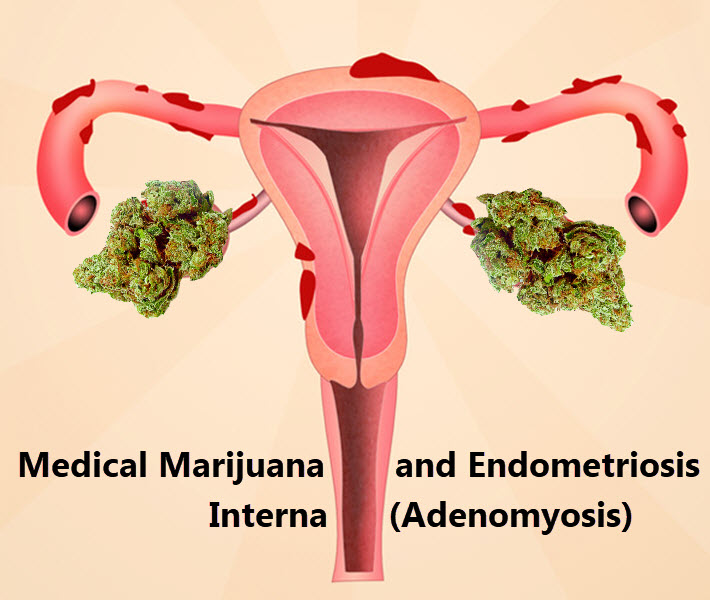Cannabis For Endometrial Cancer
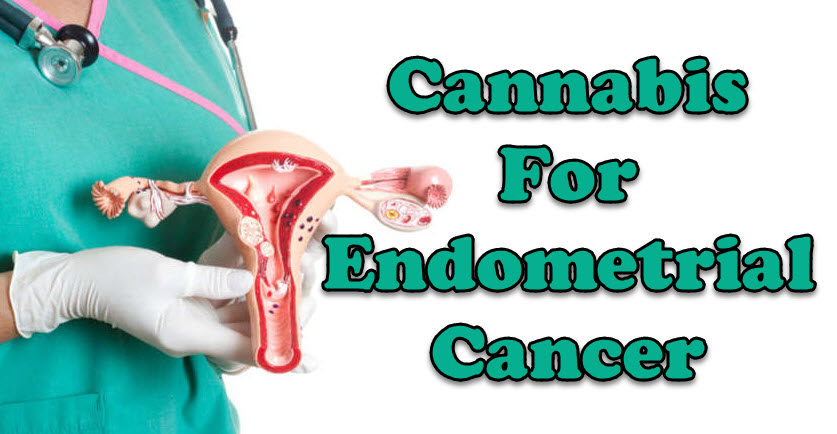
Endometrial cancer is a form of cancer that starts in the uterus, which is part of the female reproductive system and where fetal development happens. It starts in the endometrium, a layer of cells that make up the uterine lining – for this reason, sometimes it is called uterine cancer.
There are other kinds of cancer that can start in the uterus such as uterine sarcoma, although they are less common compared to endometrial cancer. According to the American Cancer Society, there will be around 63,230 new cases of uterine cancers in 2018; and an estimated 11,350 women will die from these cancers. Endometrial cancer primarily affects postmenopausal women; the average age of those diagnosed is 60 and it’s uncommon among women below 45.
The symptoms of endometrial cancer include bleeding between periods, vaginal bleeding after menopause, pelvic pain, and bloody or watery discharge from the vagina. The causes of endometrial cancer are not fully understood, aside from the fact that cells in the endometrium undergo a genetic mutation causing unhealthy cells to multiply and grow out of control.
There are some risk factors that are known to increase the chances of developing endometrial cancer: these include changes in female hormones, when a woman starts menstruation before the age of 12, never having a child, obesity, old age, and those using hormone therapy for breast cancer. There are various treatment options available depending on the stage of the cancer, its characteristics, the patient’s general health, as well as their preferences. These include surgery, radiation, hormone therapy, chemotherapy, and palliative care. Treatment does not ensure that the cancer will go away, and it may also have detrimental side effects to the patient.
How Cannabis Can Help
A new study conducted by researchers in Portugal looked at the effects of both THC and CBD on uterine cancer. Since endometrial cancer can occur when there are abnormally high estrogen levels in the body (either due to supplementation or genetics), they mimicked these conditions in the laboratory. They discovered that CBD was effective in causing a significant number of these cancer cells to die, while THC had no effect. CBD caused cancer cell death by activating the TRPV1 receptors which are one among many of CBD’s targets, although it’s not activated by THC. This led the authors to suggest that CBD may be a novel form of treatment for women who don’t respond to conventional treatment for endometrial cancer.
The study, which was published in the Journal of Physiology and Biochemistry, concluded with the researchers suggesting the use of CBD and CBD-rich products.
“Among a variety of phytocannabinoids, Δ9-tetrahydrocannabinol (THC) and cannabidiol (CBD) are the most promising therapeutic compounds. Besides the well-known palliative effects in cancer patients, cannabinoids have been shown to inhibit in vitro growth of tumor cells.
Likewise, the major endocannabinoids (eCBs), anandamide (AEA) and 2-arachidonoylglycerol (2-AG), induce tumor cell death. The purpose of the present study was to characterize cannabinoid elements and evaluate the effect of cannabinoids in endometrial cancer cell viability. These data indicate that cannabinoids modulate endometrial cancer cell death. Selective targeting of TPRV1 by AEA, CBD, or other stable analogues may be an attractive research area for the treatment of estrogen-dependent endometrial carcinoma.
Our data further support the evaluation of CBD and CBD-rich extracts for the potential treatment of endometrial cancer, particularly, that has become non-responsive to common therapies,” the study said.
Numerous states have already approved cannabis as treatment for cancer. It can also be used alongside chemotherapy to mitigate the side effects of this treatment such as nausea, depression, pain, appetite, insomnia, fatigue, and appetite loss.
Patients can choose from several kinds of CBD and CBD-rich products in the market today to suit their needs and preferences. A combination of these methods can also be used in complement with each other, depending on the patient’s condition or ability, without the need to worry about potential side effects. CBD can either be used alone after going through traditional forms of treatment, or can be taken with in combination with chemotherapy, radiation, and hormone therapy to help the patient efficiently manage any side effects.
OTHER STORIES YOU MAY ENJOY...
CANNABIS STRAINS FOR ENDOMETRIAL CANCER, CLICK HERE.
OR..
CURING CANCER WITH HIGH THC STRAINS, LISTEN HERE...
OR..
MEDICAL MARIJUANA FOR ENDOMETRIOSIS, CLICK HERE.
